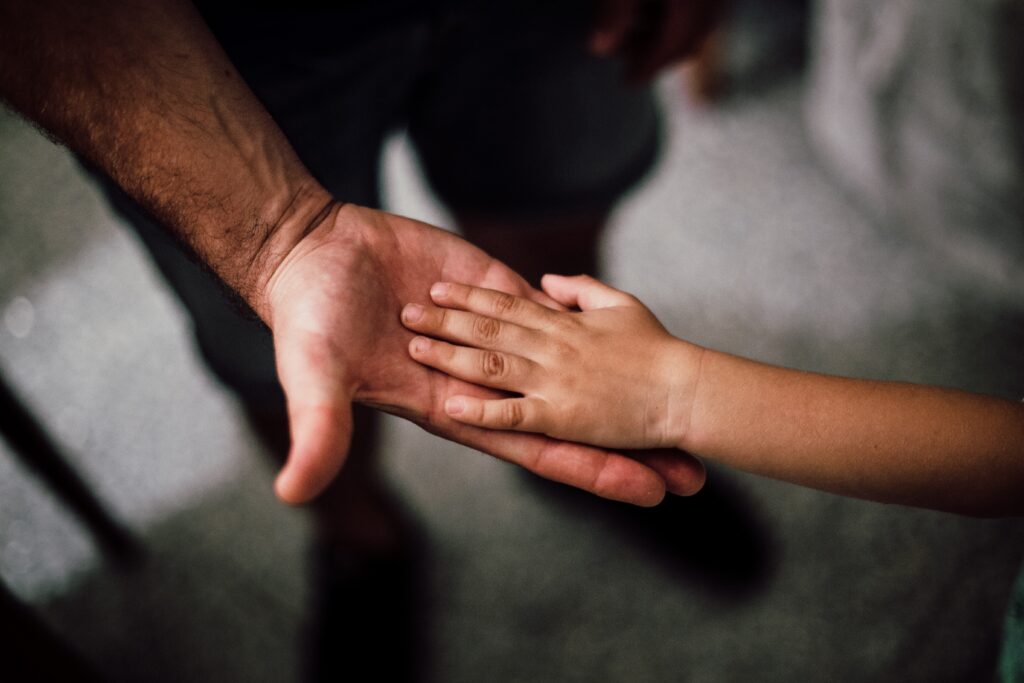
Forced adoption has hit the headlines again this month, with calls for Boris Johnson to publicly apologise to mothers who had their children taken from them between the 1950s and late 1970s against their wishes.
Over 250 people have applied to give evidence to the parliamentary inquiry chaired by Harriet Harman. You may have seen some of the mothers involved being interviewed on TV news programmes and telling their heart-breaking stories.
The term “forced adoption” is used widely on an almost daily basis in the media and is also used in parliament. However, this term is not one that we use within Court and solicitors in Care proceedings will instead refer to non-consensual adoption or contested adoption.
What Is Meant By Forced Adoption?
Adoption refers to a situation whereby a child’s legal relationship with their birth parents has ended and the child has become a legal member of a new family. On the other hand, forced adoption is the removal of a child without the consent of their parents, and often against their wishes.
Adoption was first introduced in the UK in 1926. There were 25,000 cases in 1968 however, they are much less frequent now, with approximately 3,500 per year.
Forced Adoption Today... What Has Changed?
What has changed is the typical adoption case. In the 1960s it would be a single mother reluctantly giving up her illegitimate baby. Whereas, now the typical adoption case consists of a Local Authority requesting the Court to approve the adoption of a child who has already been through care proceedings and where the parents will not agree to this plan. Moreover, today 90% of adoption cases are “contested” and against the wishes of the parents.
Adoption is not approached lightly by the Courts and is only considered when every other option, including placement with parents or other family members has been ruled out. The law accepts that adoption against the wishes of the parents is the harshest step possible.
The Court’s overriding concern both now and in the future, is the child’s needs. The Court has to consider the human rights of everyone involved. However, the children’s needs come first, and it is not always in the best interests of children to stay with their family.
Why Is Forced Adoption Controversial?
It is often said that no other country in Europe adopts children without the agreement of their parents. However, this is not true and non-consensual adoption takes place in as many as 20 other European countries in some circumstances.
It is easy to underestimate the traumatic long-term effects contested adoption has on families and on the children themselves. There are many online groups for parents and others unhappy with the Court process for care and adoption proceedings. However, unfortunately the media and others often misunderstand the process and there are constant conspiracy theories. As a result, this sadly only makes parents worried and frightened about what might happen to them and their children.
If you have a query about forced adoption or a family law matter, please don't hesitate to contact me at j.taylor@timms-law.com or by phone on 0800 011 6666. Alternatively, you can visit our website here.




